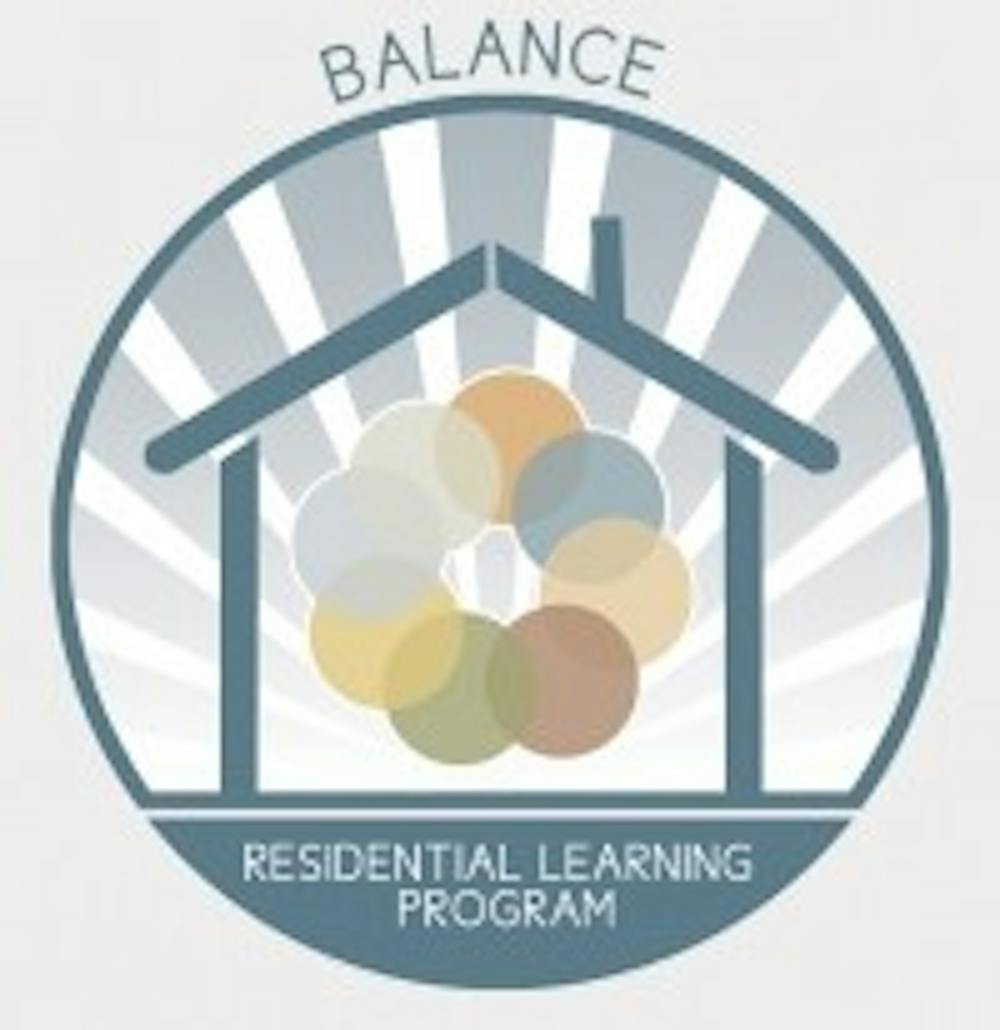Recovery at UNC
September was Recovery Awareness Month, but resources and opportunities for UNC students in recovery are available year round.
Click here to read up on services offered by the Carolina Recovery Program.
Check out this pageto learn in greater detail about the benefits of joining the program, including housing.
This calendar helps you keep up with meetings and special events, such as sports tailgates and off-campus excursions.
Parents and families can find detailed advice and resources here.
Editor's note: The work-hard, play-hard attitude common among college students can be hard for students recovering from substance use disorder. And it can mask the problem for students who may need help. The Carolina Recovery Program just finished a month of activities planned for Recovery Awareness Month designed to increase awareness and decrease the stigma associated with recovery from addiction. But Recovery resources and activities are available year-round. If you are questioning your use, please reach out to the Carolina Recover Program at carolinarecovery@unc.edu.
For students in recovery, deciding where to live can be a tough choice.
Being surrounded by a supportive community that understands what you are going through is important, said Frank Allison, program coordinator of Recovery Initiatives for the Carolina Recovery Program. But so is being embedded in college life.
The Carolina Recovery Program provides students with options to live in an on or off-campus community of students with a similar experience. Those options allow students to get the support they need without sacrificing typical college experiences like dorm living.
Joyner Residence Hall — Balance
The Recovery House on campus is part of the substance-free Residential Learning Program housed in Joyner residence hall.
The RLP, called Balance, is focused on promoting a holistic understanding of what it means to be healthy. Students in this program focus on eight dimensions of wellness that will help sustain their recovery. Students in this community share their experiences with their peers to integrate a fuller understanding of wellness in their own lives.
Allison said this program is a great on-campus option for students in recovery.
“It fulfills the first-year requirement of living on campus, and we even have older students who just want to be on campus,” he said.
The community is led by a community director, 2 resident advisors and a board of students who oversee the implementation of the program.
To join this community, students can apply with an application explaining their interest in the group and what they could bring to the community. Visit Recovery House at Carolina Housing website for more information.
Collegiate Oxford House
When students are ready for an off-campus experience, Chapel Hill has North Carolina’s first collegiate Oxford House, Allison said.
Oxford House of N.C., a nonprofit focused on addiction recovery, has partnered with the Carolina Recovery Program to provide a clean and sober housing option for students in recovery.
An Oxford house is a democratically run small-group home where residents can receive 24-hour support from their peers that will sustain their recovery. Not only does it support recovery, but it allows residents with more autonomy as they are responsible for the maintenance of the house.
The house has elected officers that oversee the overall maintenance of the house, and students can apply to live in the house by going through an interview process. For more information, contact the Carolina Recovery Program.




